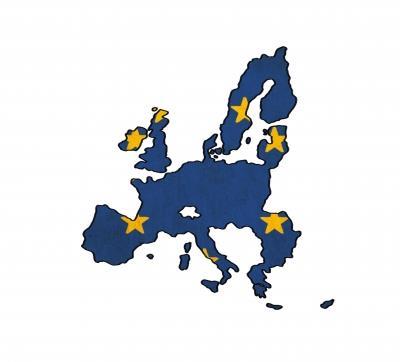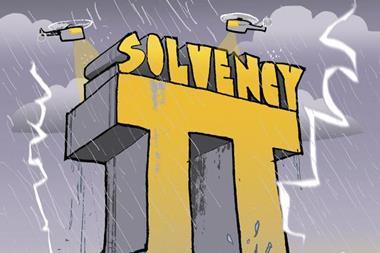Savings in the EU could reach €48m or up to €2,000-€3,000 in individual cases

On 9 January, the EU introduced new rules that mean businesses and consumers will be able to resolve cross-border legal disputes more easily, bringing expected savings of up to €48m each year in the EU. The rules abolish the costly and lengthy procedure, which is currently used 10,000 times per year to get judgments in civil and commercial matters recognised in other EU countries.
From 10 January, such cross-border judgments will be automatically enforceable across the EU. Consumers will also be better protected when buying from non-EU merchants; and businesses will have more legal certainty when doing business across the EU.
The practical improvements are:
- An enforceable judgment in civil and commercial matters in one member state will be automatically enforceable anywhere in the EU. The rules abolish the cumbersome intermediate procedure – the “exequatur” procedure. This procedure typically costs €2,000 to €3,000 depending on the member state, but could cost up to €12,700 including lawyers’ fees, translation and court costs. In almost 95% of cases, this procedure was a pure formality.
The moment a judgment is made in any member state, the creditor will be able to enforce it in any other, meaning businesses and citizens will be able to get their money back more quickly, easily and cost-free. Under exceptional circumstances, it will still be possible for courts to stop the judgment being enforced, for instance if the court in the other member state violated the right to a fair trial.
- Consumers and employees will be better protected in legal disputes involving non-EU countries. To date, consumers were often not able to exercise their rights, when purchasing goods from a trader located in a non-EU country and selling products in an EU member state. The new rules mean that across the EU, in any such dispute, the consumer will have access to the courts in the country where they are residing. The consumer will not need to go to the courts of the non-EU country. The new rules will also allow employees working in the EU to pursue legal proceedings against their employers located in a non-EU country in the courts of the member state where they habitually work.
- Legal certainty for choice of courts agreements between companies will be increased. In the past, choice of court agreements could be circumvented by bringing the dispute in the court of another EU member state (and not in the chosen court) to delay the settlement of the dispute. The new rules end such abusive tactics by ensuring the chosen court receives priority in case of parallel proceedings.
The new rules respond to a survey conducted in 2010 that found that almost 40% of businesses would be more inclined to trade outside their home market if the procedures for settling court disputes abroad were simplified. Removing bureaucratic obstacles that impose extra costs and legal uncertainty on businesses has been a key part of the EuropeanCommission’s drive to make life easier for companies and citizens.














No comments yet